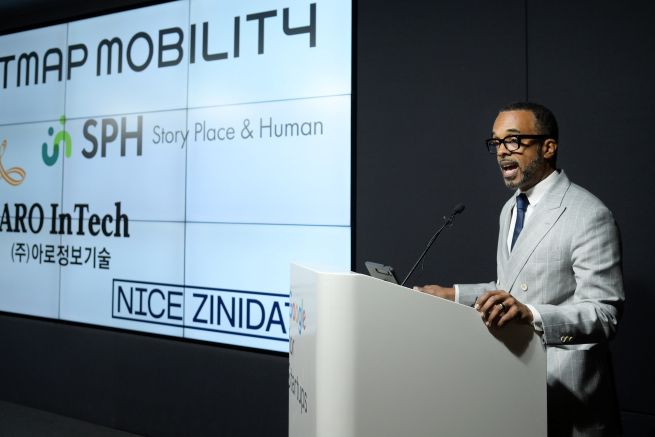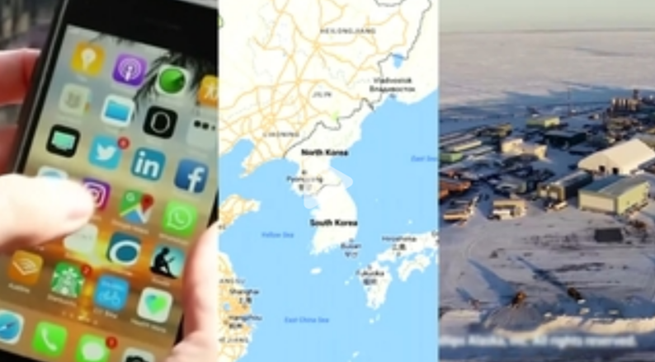SEOUL, Sept. 16 (Korea Bizwire) — A central plank of Google’s lobbying campaign to secure approval for exporting South Korea’s high-precision mapping data is coming under sharp scrutiny, with experts arguing that the projected economic benefits are inflated and based on questionable assumptions.
Google has cited research suggesting that if Korea allows the export of high-precision digital maps, the spatial information industry could generate 18.46 trillion won ($13.5 billion) in revenue and create 37,000 jobs over the next five years.
The study was highlighted at a press briefing last week as evidence of the economic windfall of loosening Korea’s long-standing restrictions.
But industry and academic experts say the figures rely on shaky ground. Ahn Jong-wook, a professor of smart city engineering at Anyang University, noted that the report assumed Korea’s spatial information industry would automatically grow at global rates if exports were permitted — without providing sufficient evidence.
“The study simply applied OECD and ILO growth forecasts to Korea as if local conditions were identical, which is not substantiated,” Ahn said. He added that the report selectively used lower growth figures for Korea when exports were restricted, while ignoring higher projections from the same source.

Google announced on September 9 that it would comply with the government’s request to blur security facilities in satellite images. Chris Turner, Google’s Vice President of Public Policy for Knowledge and Information, speaks during a press briefing held at Google Startup Campus in Gangnam District, Seoul. (Photo provided by Google)
Critics also point out that Japan, Taiwan and Singapore — used in the report as case studies — host Google data centers, making them poor comparators for Korea, where Google has long resisted government requests to build local infrastructure.
Far from boosting domestic industries, some warn the move could instead increase dependence on Google’s mapping services. “Google Maps charges higher per-call fees than domestic APIs,” an ICT industry source said. “If reliance on Google grows, small businesses and advanced sectors like autonomous driving could face rising costs.”
Google has sought permission to export Korea’s 1:5,000 scale national base map since February, promising to mask sensitive coordinates and blur security facilities at the government’s request. A final decision is expected November 11, when an inter-agency panel meets to review the proposal.
The debate highlights the tension between protecting national security and spurring digital innovation, with billions in projected gains — or losses — hinging on how regulators weigh the risks.
Kevin Lee (kevinlee@koreabizwire.com)

